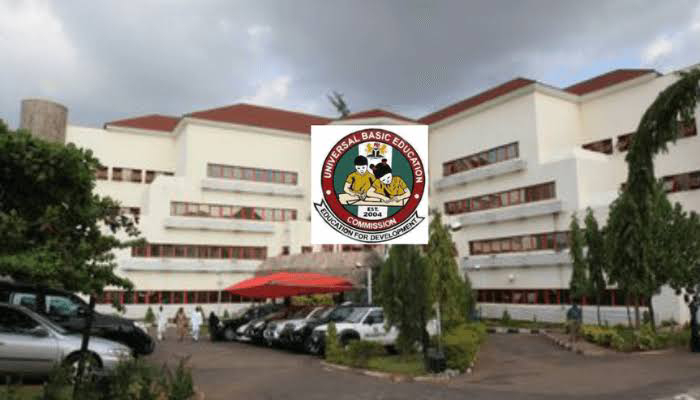By Hassan Ibrahim
The Federal Government, through the Universal Basic Education Commission (UBEC) has trained 300 selected teachers from six North Eastern states on inclusive education to address the peculiar challenges of special needs children in Bauchi State.
Speaking during a three-Day Training of selected teachers on Inclusive Education Delivery Process for the North East Zone hosted by Bauchi State, the Executive Secretary of UBEC, Dr Hamid Bobboye, said that 1,878 teachers were selected across the country.
According to him, the objectives of the exercise was to builds the capacity of teachers on inclusive education principles, ideologies and implementation processes to familiarized the participants on the relevance of inclusive education and expose them to basic rudiments of avoiding rejection of willing/intending learners with disability access to school.
Bobboye explained that the Commission conducted needs assessment in 2023 which revealed wide gaps in the teachers' knowledge and skills in dealing with learners with mixed abilities in the same school, early detection of learners' form of disabilities, remedial actions to take, where cases can be referred for further attention, and developing affective attitudes in the teachers and learners to be empathic and accommodating towards other members of the school community, irrespective of their physical background.
Bobboye said that the purpose of the training is to close these gaps and ensure that Inclusive education becomes an integral part of the school features, adding that since the commencement of the implementation of universal basic education programme in Nigeria, adequate attention has always been paid to special needs education. For example, 2% of the 2% of the Federal Government's Consolidated Revenue Fund dedicated as intervention fund for the implementation of the UBE programme is allocated to special needs education.
Bobboye added that the design and implementation of programmes to meet the educational needs of children with special needs, the Commission has always collaborated with the private providers of special needs education who, for a long time played a leading role in special needs education provision.
"However, in the last few decades the presence of the government in the establishment and provision of special needs education has increased. For example, of the 1,019 special basic schools captured during the UBEC 2022/2023 National Personnel Audit, government schools were 515 with an enrolment of 124,867 learners in basic education," Bobboye said
"There were 504 private special schools with an enrolment of 51,140 learners. This contribution of the private providers to Special Needs education provision, particularly those that are non-fee paying, is recognised and made it possible for them to access support fund from the Federal Government UBE Intervention Fund.
"About four years ago, the Commission introduced the procurement of assistive technologies that can benefit individual special needs learners, according to his or her form of disability, and their schools. Among others, braille machines, crutches, wheel chairs, learning materials for autistic children, and digital materials have been supplied to schools which were assessed and found to be useful to learners who needed this equipment. This intervention will continue so that more learners can be assisted to break the barrier to quality education," he added.
Bobboye noted that while the Commission is pursuing the expansion of access to quality basic education for all children of school age, special attention is being paid to the category of children who can easily miss schooling due to one form of physical challenge or the other.












0 Comments